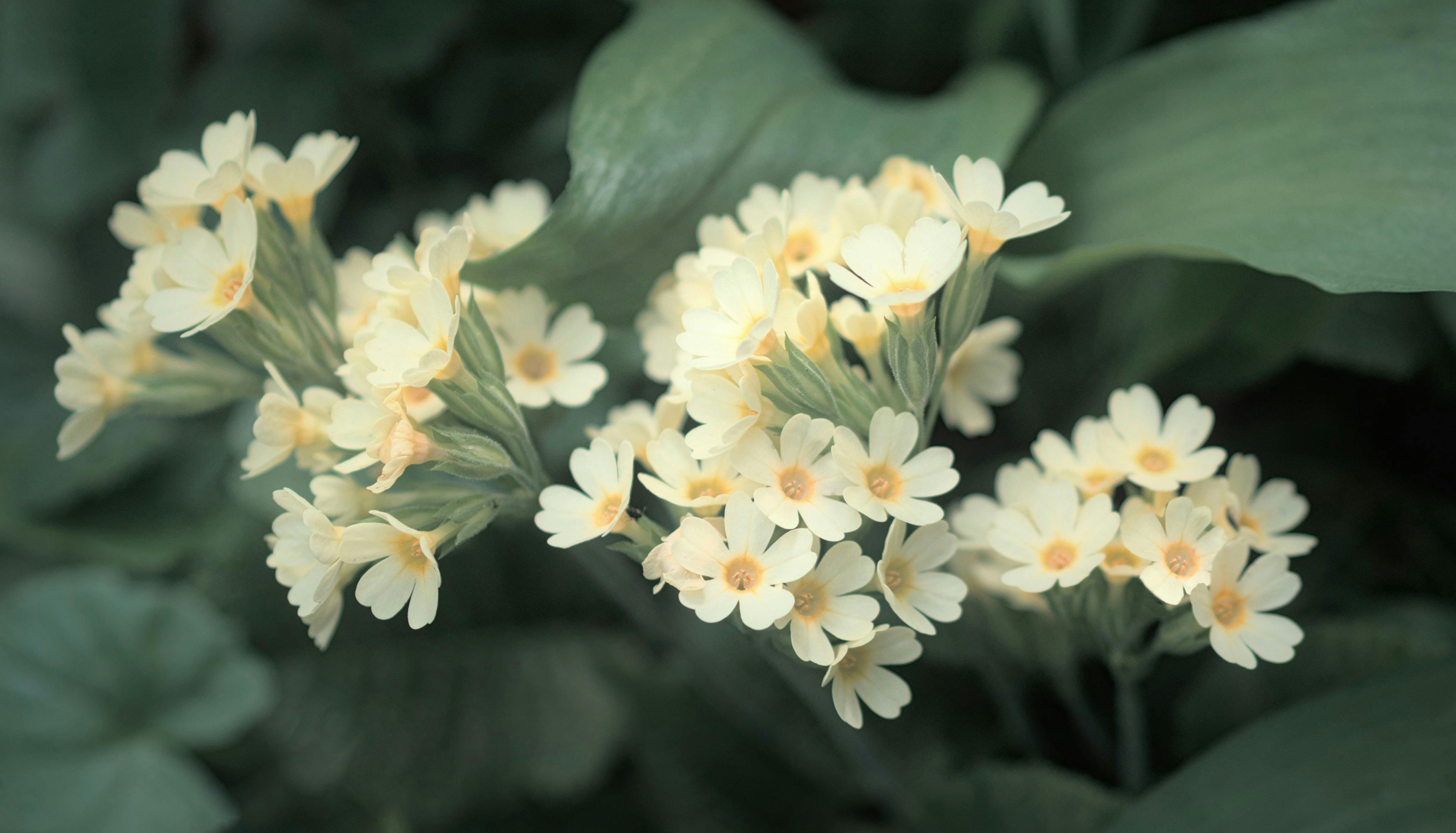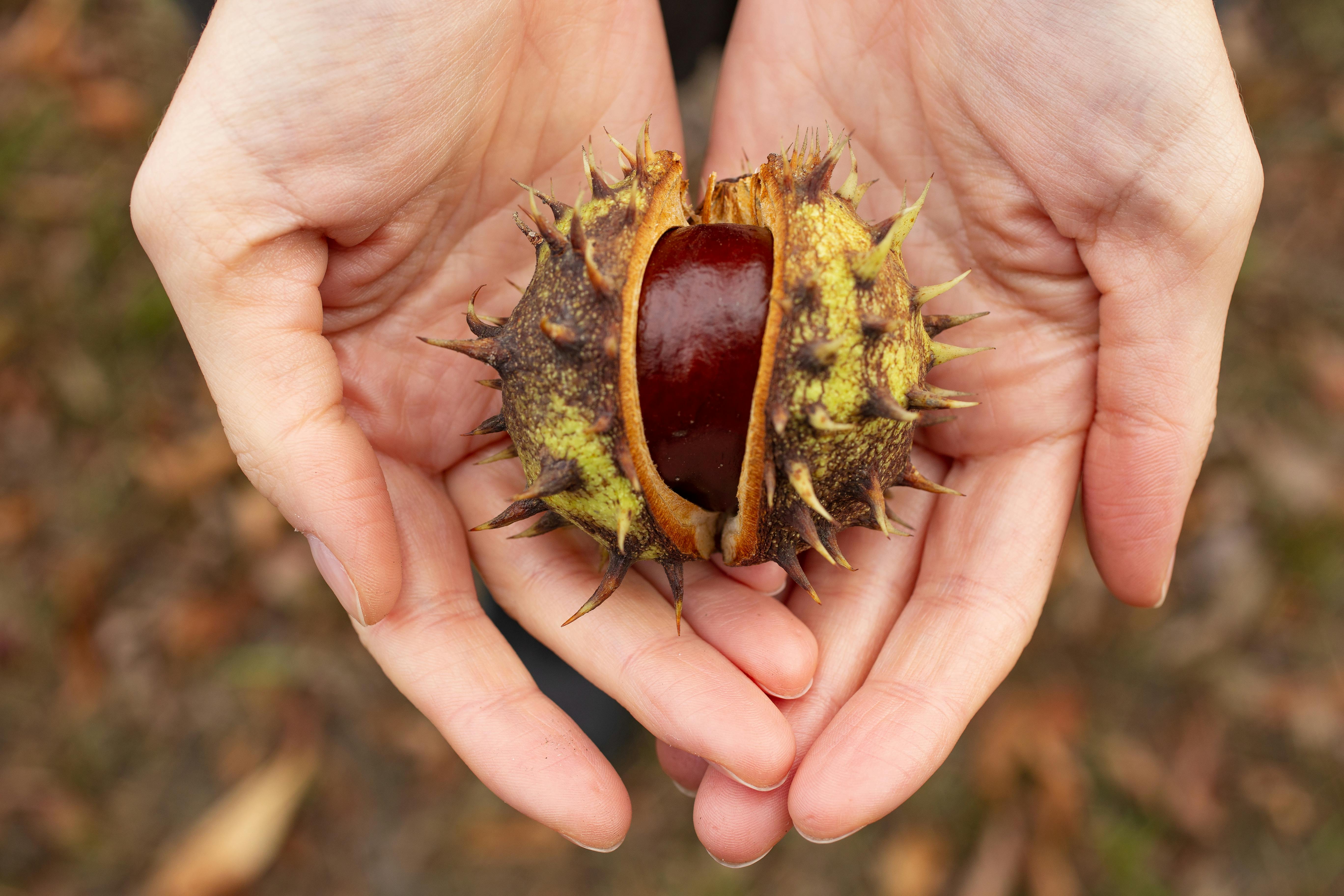Mr. Gardener: A Guide to Mastering Your Garden
The Importance of Gardening
Gardening is not just a hobby; it’s a way to connect with nature, grow fresh produce, and create a peaceful retreat right in your backyard. With Mr. Gardener, you’ll learn the ins and outs of effective gardening techniques, enhancing your green thumb while reaping the benefits of home-grown fruits and vegetables. Many people underestimate the health benefits associated with gardening, as well, from physical exercise to mental clarity. The mere act of working with soil can alleviate stress and foster a sense of accomplishment.
Physical and Mental Benefits of Gardening
Engaging in gardening provides numerous **health benefits**. It encourages physical activity, keeping you on your feet as you dig, plant, and cultivate. A study highlights that gardening can burn up to 200-400 calories per hour, which is comparable to jogging! Moreover, the act of nurturing plants and witnessing their growth can create a profound sense of well-being. **Gardening therapy** is increasingly recognized as an effective method to improve mental health, especially for those battling anxiety and depression. Feeling connected to the earth can foster mindfulness and rejuvenate the spirit. To kickstart your journey, consider starting with easy-to-grow plants like tomatoes or herbs, which yield quick results and maintain your motivation.
Building Your Gardening Skills

Building your gardening skills is crucial for becoming an adept gardener like Mr. Gardener. Start simple—learn about soil types, plant needs, and seasonal planting schedules. **Knowing your soil** is foundational; the right soil can lead to a bountiful garden. Conducting a soil test can help you determine its pH level and nutrient content, allowing you to tailor your amendments effectively. Additionally, familiarize yourself with local climates, as this affects what plants thrive in your area. Investing in practical gardening resources like books or workshops can also enhance your knowledge. Don’t hesitate to reach out to local gardening communities; **mentorship** from experienced gardeners can provide guidance and encouragement.
Choosing the Right Plants
Choosing the right plants for your garden is essential for a flourishing landscape. Mr. Gardener recommends selecting plants based on your climate, soil type, and sunlight availability. Varieties that are suited to your local area require less maintenance and are more resilient against pests. Implementing a **companion planting** strategy can also benefit your garden. This technique combines plants that mutually support each other’s growth, potentially increasing your yield while repelling harmful pests.
Top Easy-to-Grow Plants

For beginners, consider starting with these easy-to-grow plants: herbs such as basil and parsley, vegetables like zucchini and carrots, and flowering plants such as marigolds. These plants are not only forgiving but also provide a rewarding experience for new gardeners. By planting a variety, you can enjoy **biodiversity** while creating an aesthetically pleasing garden. Remember, the height and spread of chosen plants must be considered to ensure they don’t overshadow one another. As you become more comfortable with your gardening journey, feel free to experiment with different types such as perennials or annuals!
Creating a Garden Plan
A well-thought-out design simplifies **garden maintenance** and enhances productivity. Drawing a schematic of your desired layout helps visualize plant placement, pathways, and dedicated areas for specific plants. Think about **rotation planting**, which allows you to replenish the soil—using different families of plants in a specific area each year helps to prevent soil depletion and disease. Sketch out your ideas, taking into account sunlight patterns and water access. With a plan in place, you’ll find gardening becomes more systematic and enjoyable.
Staying Sustainable in Your Garden
Being mindful of sustainability can greatly enhance your gardening experience. Mr. Gardener emphasizes practices like composting and organic pest control to create an eco-friendly garden that thrives. By composting kitchen scraps and yard waste, you’ll enrich your soil while reducing landfill waste. Moreover, employing natural pest deterrents—like neem oil or essential oils—offers a safe and organic solution to pest problems, ensuring that your plants grow healthy and free from harmful pesticides.
Implementing Composting Techniques
Starting a compost bin is easier than you think! Begin by collecting organic materials like fruit peels, vegetable scraps, coffee grounds, and yard waste. Good composting relies on achieving a proper balance of **greens (nitrogen-rich materials)** and browns (carbon-rich materials). Maintain a ratio of about 2:1 for effective decomposition. Keeping the pile aerated by turning it regularly speeds up the composting process. In a matter of weeks, you can create nutrient-rich compost that your garden will thrive on. This sustainable practice not only boosts soil health but ultimately saves you money on fertilizers.
Natural Pest Control MMethods
Managing pests naturally is vital for maintaining a healthy garden. Start by encouraging beneficial insects such as ladybugs and lacewings, which predate common pests. **Companion planting** can offer additional protection; for example, planting garlic with roses deters aphids. Introducing homemade sprays made from garlic or chili peppers can also serve as an organic pesticide. Keep a close watch on your plants, and regularly inspect for signs of distress—early intervention drastically reduces pest damage.
Maintaining Your Garden for Success
Once you’ve established and cultivated your garden, maintenance is crucial for ongoing success. Regular watering, pruning, and weeding will keep your plants healthy and vigorous. Mr. Gardener highlights the importance of understanding each plant’s specific water requirements. Overwatering can be just as harmful as underwatering, so it’s essential to monitor soil dryness and adjust accordingly.
Effective Watering Strategies
To cultivate a successful watering routine, remember that the early hours are the best time to water your garden. This timing ensures that plants absorb moisture before the heat of the day causes evaporation. Using soaker hoses or drip irrigation systems can enhance efficiency and save water. Moreover, mulch is your best friend; it retains soil moisture and prevents weeds. Invest time in establishing a solid watering strategy, as this foundation is essential to your plants’ growth and resilience.
Seasonal Gardening Tasks
Stay ahead by preparing for seasonal gardening tasks. As seasons shift, different tasks become crucial—for instance, pruning in late winter promotes healthy growth in spring. In autumn, it’s essential to clean up fallen leaves and debris to prevent diseases from overwintering. **Planning ahead** keeps your garden thriving year-round, allowing you to maximize yields and minimize setbacks. Create a seasonal checklist to prioritize tasks, ensuring you maintain the health of your garden.
Key Takeaways
- Engage in gardening for physical and mental well-being.
- Choose the right plants suited for your climate and soil type.
- Practice sustainable gardening through composting and natural pest control.
- Maintain consistent garden care with effective watering and seasonal strategies.
- Continuously learn and adapt your gardening techniques for ongoing improvement.
FAQ
1. What are the most beginner-friendly plants for gardening?
Beginner-friendly plants include herbs like basil and cilantro, alongside vegetables such as radishes and carrots. These plants grow quickly and are relatively low-maintenance, making them an excellent choice for novice gardeners. Starting with these varieties allows beginners to build confidence and experience in gardening.
2. How can I improve my garden’s soil quality?
Improving soil quality can be achieved through various methods, including composting, adding organic matter, and doing soil tests. Adding compost enriches the soil structure and provides essential nutrients, creating an optimal growing environment for plants. Regularly rotating crops can also help maintain soil health.
3. What is the role of companion planting?
Companion planting maximizes space and promotes plant health by pairing species that thrive together. Certain plant combinations can repel pests and improve growth, such as planting marigolds with vegetables. This strategy is a natural means of pest control and enhances garden biodiversity.
4. How often should I water my garden?
Watering frequency largely depends on the plant species and climate conditions. Generally, gardens require **1 inch of water per week**, either via rainfall or irrigation. It’s best to water early in the morning to minimize evaporation and allow moisture to soak deep into the soil.
5. What are some organic alternatives to chemical pesticides?
Organic alternatives to chemical pesticides include neem oil, diatomaceous earth, and insecticidal soaps. These natural remedies are less harmful to beneficial insects and safer for the environment, effectively managing pest issues without synthetic chemicals. Regularly inspecting plants can further mitigate pest infestations.
